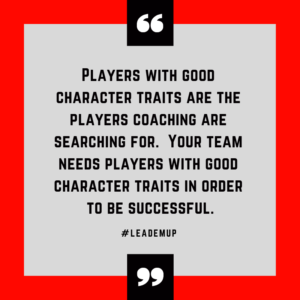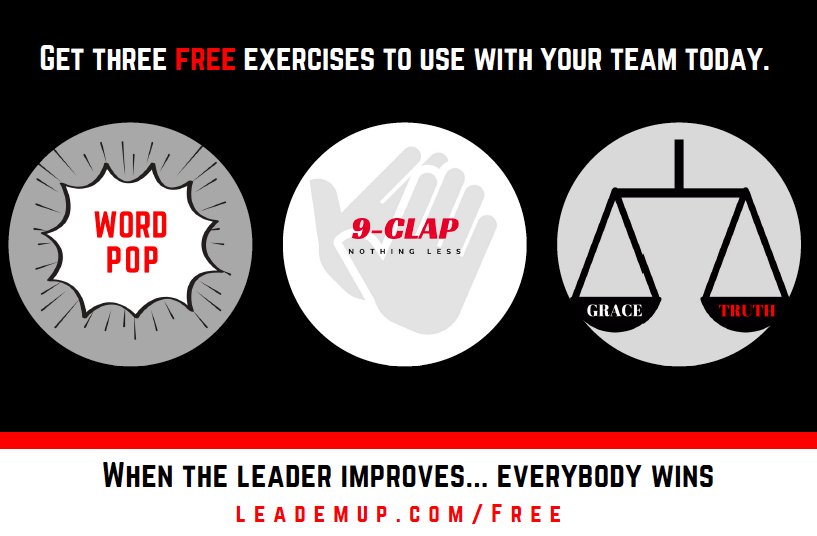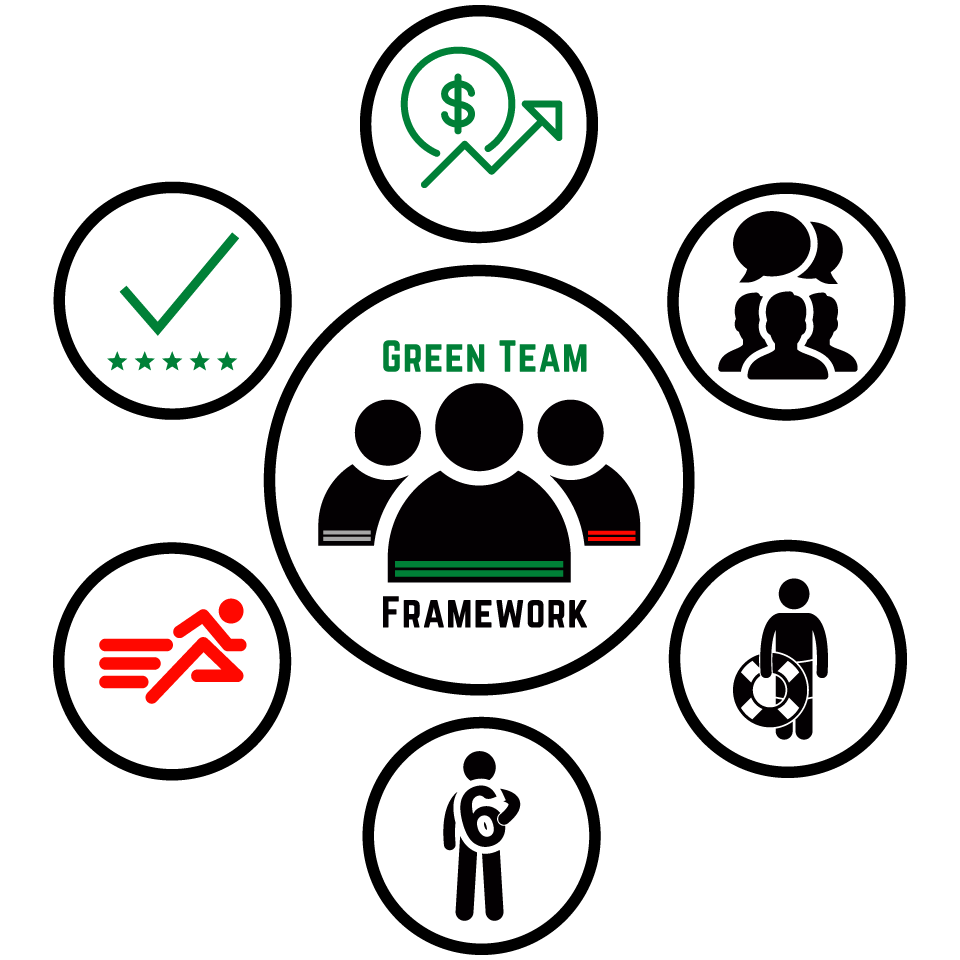Home / Blog / Self-Awareness /

When you ask a group of players, “who has ever heard a coach say they’re looking for kids with good character?” You’ll see a room full of players all raising their hands. We say it and they hear it. Often.
We’ve recently polled hundreds of players asking them “when you hear coaches talk about needing kids with good character, what are they specifically asking for?
Here are the three most common responses:
- players who don’t get in trouble; legally, suspended at school, drugs, etc.
- players who get good grades
- players who are respectful
They aren’t wrong, but they aren’t fully correct either.

The Truth On What Coaches Want
Yes, all coaches want their players getting good grades,being respectful and not getting in trouble. I’d argue because those three things are so obvious, it’s not what coaches are referring to when they say “we need good character.” Of course they don’t want players like that, does that even need to be said?
The truth is, when coaches say we need kids with good character they are saying we need kids with “good character traits.”
Players, read that line again: The truth is, when coaches say we need kids with good character they are saying we need kids with “good character traits.”
Coaches need kids with good character traits in order for a program to be successful. Let me explain:
Lets say you’re a point guard who needs to get better beating the full-court press; specifically passing out of a 2-man trap. You’re a walking turnover. Your team knows it and the opponents know it.
Unfortunately, your teammates all describe you using the following character traits:
He’s a good player but he’s pretty stubborn, arrogant, lazy and careless.
You tend to do your own thing and don’t always listen to the coaches (stubborn), you often think you’re better than you are (arrogant), most of your teammates outwork you (lazy) and you’re not very detailed and sharp (careless).
Traits Which Determine Success
Those traits are describing your character and those traits will determine your success.
 So as a point guard who desperately needs to get better beating the full-court press and passing out of the 2-man trap; being a player who is stubborn, arrogant, lazy and careless, the chances of you getting better are slim. You don’t possess the type of character that’ll help you improve.
So as a point guard who desperately needs to get better beating the full-court press and passing out of the 2-man trap; being a player who is stubborn, arrogant, lazy and careless, the chances of you getting better are slim. You don’t possess the type of character that’ll help you improve.
Now lets reverse it: instead of stubborn, you’re coachable. You’re not arrogant, you’re humble. Your teammates don’t describe you as lazy, but hardworking. You aren’t careless, instead you’re detailed-oriented.
What are the chances a player with the following character (traits); coachable, humble, hardworking and detailed-oriented, will do what’s necessary to improve their game to beat the press and pass out of a 2-man trap? Almost 100%.
There’s nothing in their character that would make me think otherwise.
Players with good character traits are the players coaching are searching for. Your team needs players with good character traits in order to be successful.
How is your character?
What traits would your teammates use to describe your character?
Take a minute today and ask your coach this: “do you think I have the character traits needed to be successful?”
Taking a minute to examine your character, could be one of the best things you could ever do.
Get three FREE exercises to use with yourt team today by clicking on the image below!
Have fun and #LeadEmUp





